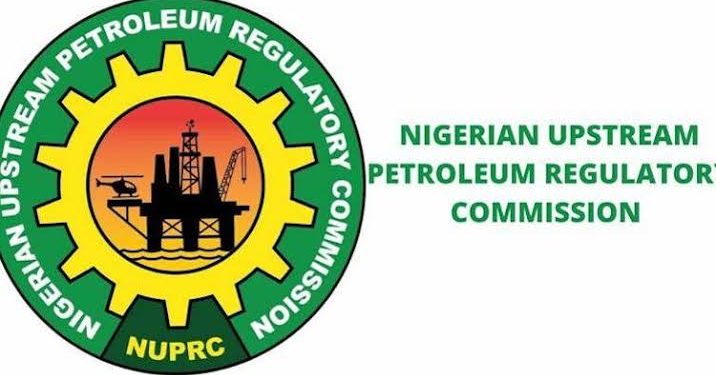The Nigerian Upstream Petroleum Regulatory Commission (NUPRC) has introduced a new set of guidelines to bring greater transparency, accountability, and efficiency to the country’s oil and gas export system. The measures are part of a broader effort to combat irregularities in the petroleum export chain and improve government revenue through tighter regulation and technological integration.
The guidelines, issued under the *Nigerian Upstream Petroleum Advance Cargo Declaration Regulation 2024*, will now apply to all oil and gas export operations conducted under licences and leases governed by the Petroleum Industry Act (PIA) 2021. This includes the export of crude oil, natural gas, liquefied natural gas (LNG), and other petroleum products from terminals and export points across Nigeria.
In a statement released Wednesday by its Public Affairs Unit, NUPRC explained that the new regulations are built around a digital cargo declaration framework that will ensure accurate documentation and traceability of every shipment leaving the country.
Under the new rules, all exporters must obtain several approvals via NUPRC’s online platform before any shipment can take place. These include an export permit, vessel clearance, and a Unique Identification Number (UIN). The UIN will be generated after the commission verifies both the identity of the exporter and the quantity of product scheduled for export.
Once issued, the UIN must be included on all export-related documents—such as the bill of lading, certificate of origin, and cargo manifest. This ensures that every shipment can be tracked and matched to official declarations in real time.
The NUPRC noted that its new *Advance Cargo Declaration Portal* is a digital, integrated platform that connects with other government export systems to monitor shipments, verify compliance, and reconcile export volumes effectively. The platform is expected to eliminate duplication, reduce paperwork, and enable instant data sharing among regulatory and revenue-collection agencies.
NUPRC warned that any vessel clearance application that is incomplete, fraudulent, or fails to meet the documentation requirements will be rejected outright. Offending operators will face sanctions in accordance with the provisions of the regulation.
According to the commission, the system is designed to address the long-standing problems of unverified shipments, volume discrepancies, and opaque export transactions that have cost Nigeria billions of naira in lost revenue.
The Chief Executive Officer of NUPRC, Gbenga Komolafe, said the new system aligns with the commission’s statutory responsibility to boost national revenue, curb waste, and strengthen regulatory oversight. He described the digital cargo declaration initiative as a major milestone in Nigeria’s efforts to reform the oil and gas industry in line with the PIA.
“This is a significant step towards a more transparent, accountable, and efficient oil export regime,” the commission said in its statement, adding that advanced technology and stricter validation protocols will help close existing gaps in the system.
The reforms also place Nigeria in step with international best practices, where automated cargo tracking and real-time verification have become industry standards for oil-producing countries.
Data from the National Bureau of Statistics (NBS) highlights the scale and importance of Nigeria’s oil exports. In the first quarter of 2025, the country exported crude oil and petroleum products valued at N12.96 trillion—accounting for nearly 63 percent of total exports during that period. However, despite being a major exporter, Nigeria also imported N1.19 trillion worth of crude oil in the same quarter, underscoring inefficiencies and structural gaps within the sector.
With the new regulatory system now in place, NUPRC is hoping to tighten controls, close revenue leaks, and rebuild investor and public confidence in Nigeria’s oil sector.










